
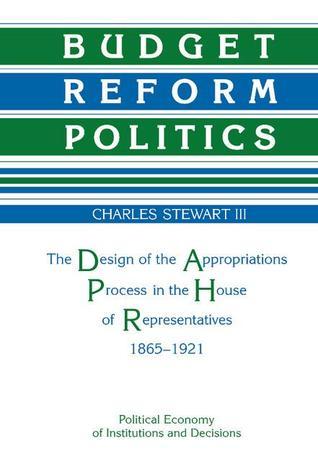
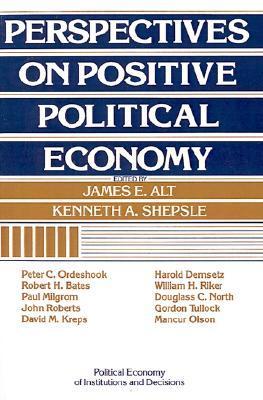
Books in series

Ideologi och strategi
svensk politik under 130 år med ett nytt EU-kapitel
1989

Budget Reform Politics
The Design of the Appropriations Process in the House of Representatives, 1865-1921
1989

Perspectives on Positive Political Economy
1990

The Fruits of Revolution
Property Rights, Litigation and French Agriculture, 1700–1860
1992
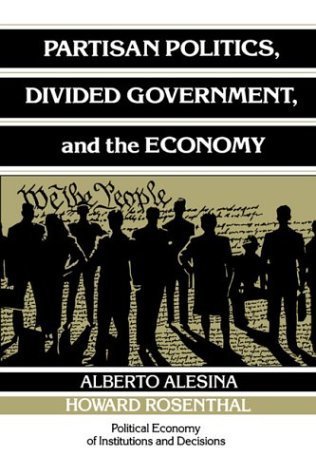
Partisan Politics, Divided Government, and the Economy
1995

The Politics of Oligarchy
Institutional Choice in Imperial Japan
1995

Modern Political Economy
Old Topics, New Directions
1995

The Political Economy of Public Administration
Institutional Choice in the Public Sector
1995
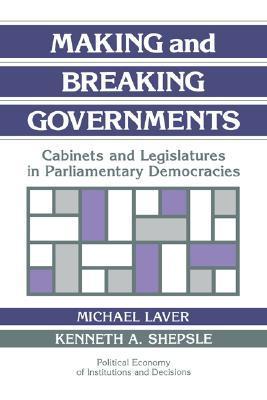
Making and Breaking Governments
Cabinets and Legislatures in Parliamentary Democracies
1996

Empirical Studies in Institutional Change
1996

Regulations, Institutions, and Commitment
Comparative Studies of Telecommunications
1996
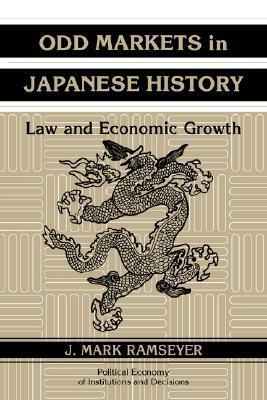
Odd Markets in Japanese History
Law and Economic Growth
1996
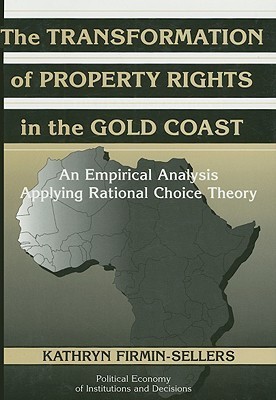
The Transformation of Property Rights in the Gold Coast
An Empirical Study Applying Rational Choice Theory
1996

Consent, Dissent, and Patriotism
1997
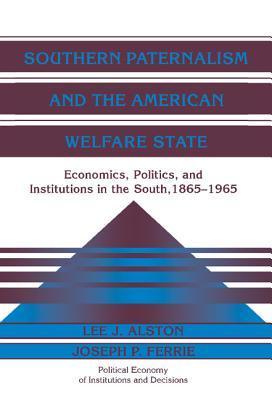
Southern Paternalism and the American Welfare State
Economics, Politics, and Institutions in the South, 1865–1965
1999

Politicians and Poachers
The Political Economy of Wildlife Policy in Africa
1999

Delegating Powers
A Transaction Cost Politics Approach to Policy Making under Separate Powers
1999

Industrializing English Law
Entrepreneurship and Business Organization, 1720–1844
1996

Legislative Institutions and Ideology in Chile
2000

Timber Booms and Institutional Breakdown in Southeast Asia
2001

Individuals, Institutions, and Markets
2001
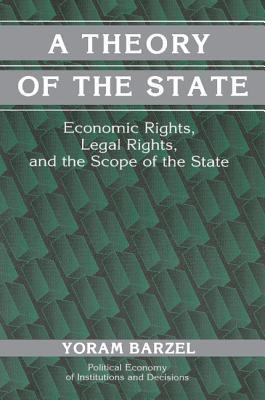
A Theory of the State
Economic Rights, Legal Rights, and the Scope of the State
2001
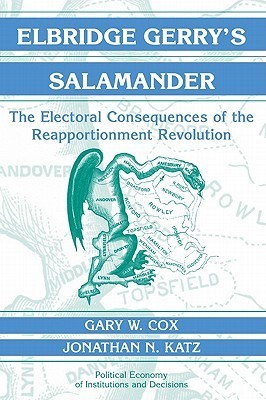
Elbridge Gerry's Salamander
The Electoral Consequences of the Reapportionment Revolution
2002
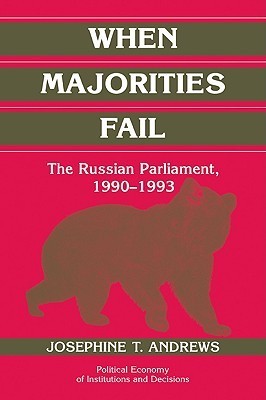
When Majorities Fail
The Russian Parliament, 1990–1993
1998
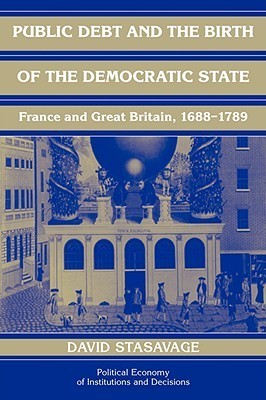
Public Debt and the Birth of the Democratic State
France and Great Britain 1688-1789
1999

The Politics of Property Rights
Political Instability, Credible Commitments, and Economic Growth in Mexico, 1876–1929
1999
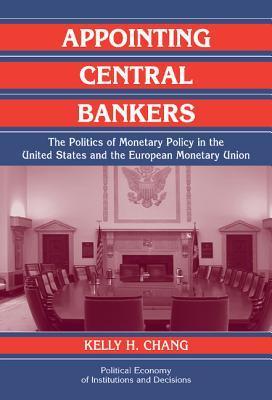
Appointing Central Bankers
The Politics of Monetary Policy in the United States and the European Monetary Union
1999

The Politics of Constitutional Review in Germany
2004

The Political Economy of Poland's Transition
New Firms and Reform Governments
2005
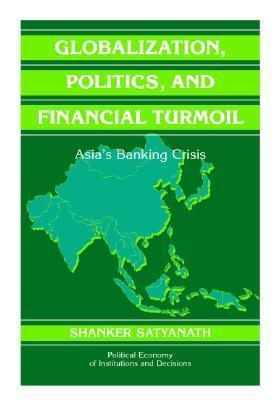
Globalization, Politics, and Financial Turmoil
Asia's Banking Crisis
2001

Architects of Political Change
Constitutional Quandaries and Social Choice Theory
2006

The European Union Decides
2006

The Institutional Foundations of Public Policy in Argentina
A Transactions Cost Approach
2007
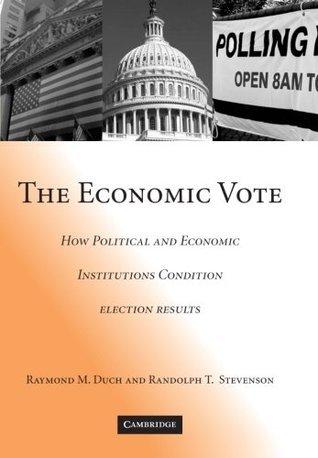
The Economic Vote
How Political and Economic Institutions Condition Election Results
2008

The Robust Federation
2008
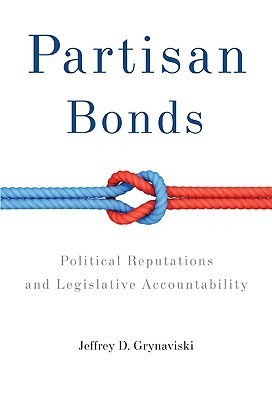
Partisan Bonds
Political Reputations and Legislative Accountability
2010

The Limits of Judicial Independence
2006
Political Transformations and Public Finances
Europe, 1650-1913
2011
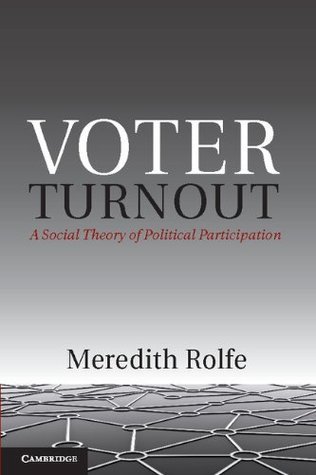
Voter Turnout
A Social Theory of Political Participation
2011
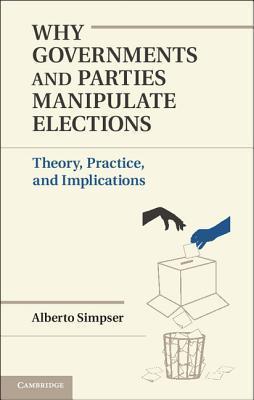
Why Governments and Parties Manipulate Elections
Theory, Practice, and Implications
2013
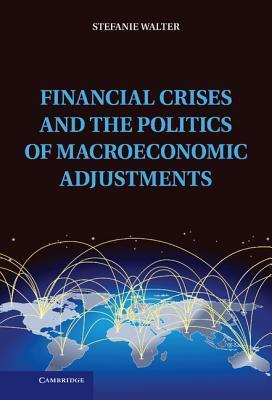
Financial Crises and the Politics of Macroeconomic Adjustments
2013

The Political Economy of the American Frontier
2013

Political Institutions and Party-Directed Corruption in South America
Stealing for the Team
2013
Trading Spaces
Foreign Direct Investment Regulation, 1970-2000
2013

Social Choice and Legitimacy
The Possibilities of Impossibility
2014
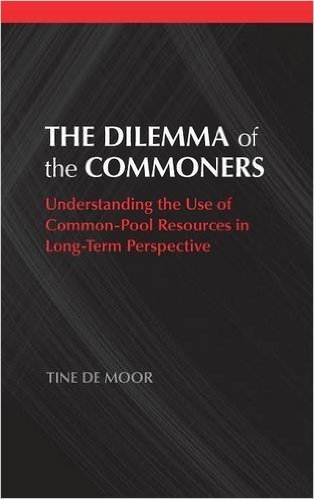
The Dilemma of the Commoners
Understanding the Use of Common-Pool Resources in Long-Term Perspective
2015
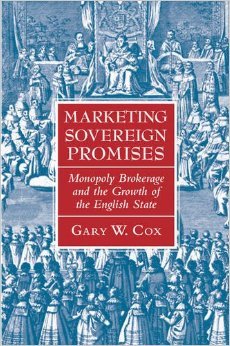
Marketing Sovereign Promises
2016

From Conflict to Coalition
Profit-Sharing Institutions and the Political Economy of Trade
2016

From Warfare to Wealth
The Military Origins of Urban Prosperity in Europe
2017

Spending to Win
Political Institutions, Economic Geography, and Government Subsidies
2018
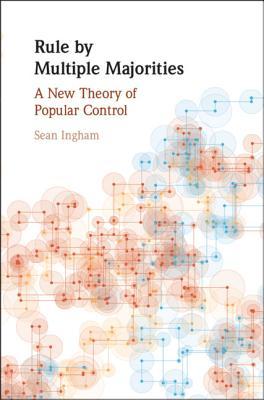
Rule by Multiple Majorities
A New Theory of Popular Control
2018
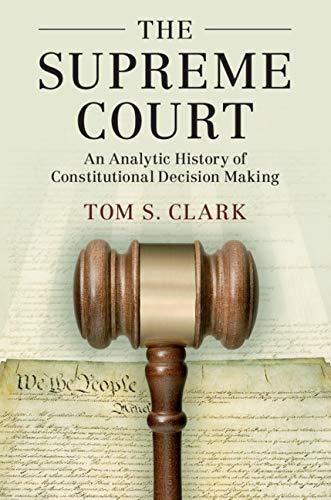
The Supreme Court
An Analytic History of Constitutional Decision Making
2019
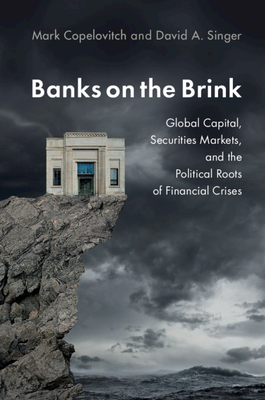
Banks on the Brink
Global Capital, Securities Markets, and the Political Roots of Financial Crises
2020
Authors

Michael Ross received his Ph.D. in Politics from Princeton University in 1996. From 1996 to 2001 he was an Assistant Professor in the Political Science Department at the University of Michigan, Ann Arbor. He also spent the 2000 calendar year as a Visiting Scholar at the World Bank in Washington, D.C., and Jakarta, Indonesia. He is now Professor of Political Science, and Director of the UCLA Center for Southeast Asian Studies. His research deals with political economy, democratization, natural resources, and poverty in the developing world - particularly (but not exclusively) in Southeast Asia. His main project is a book on the "resource curse" that explains why countries with lots of natural resource wealth tend to do worse than countries with with resource wealth. His 2008 article, "Oil, Islam, and Women," received the Heinz Eulau Award from the American Political Science Association, for the best article published in the American Political Science Review. Chair of UCLA International Development Studies Interdepartmental Program 2004-2008. Director, UCLA Center for Southeast Asian Studies, 2007-present.


